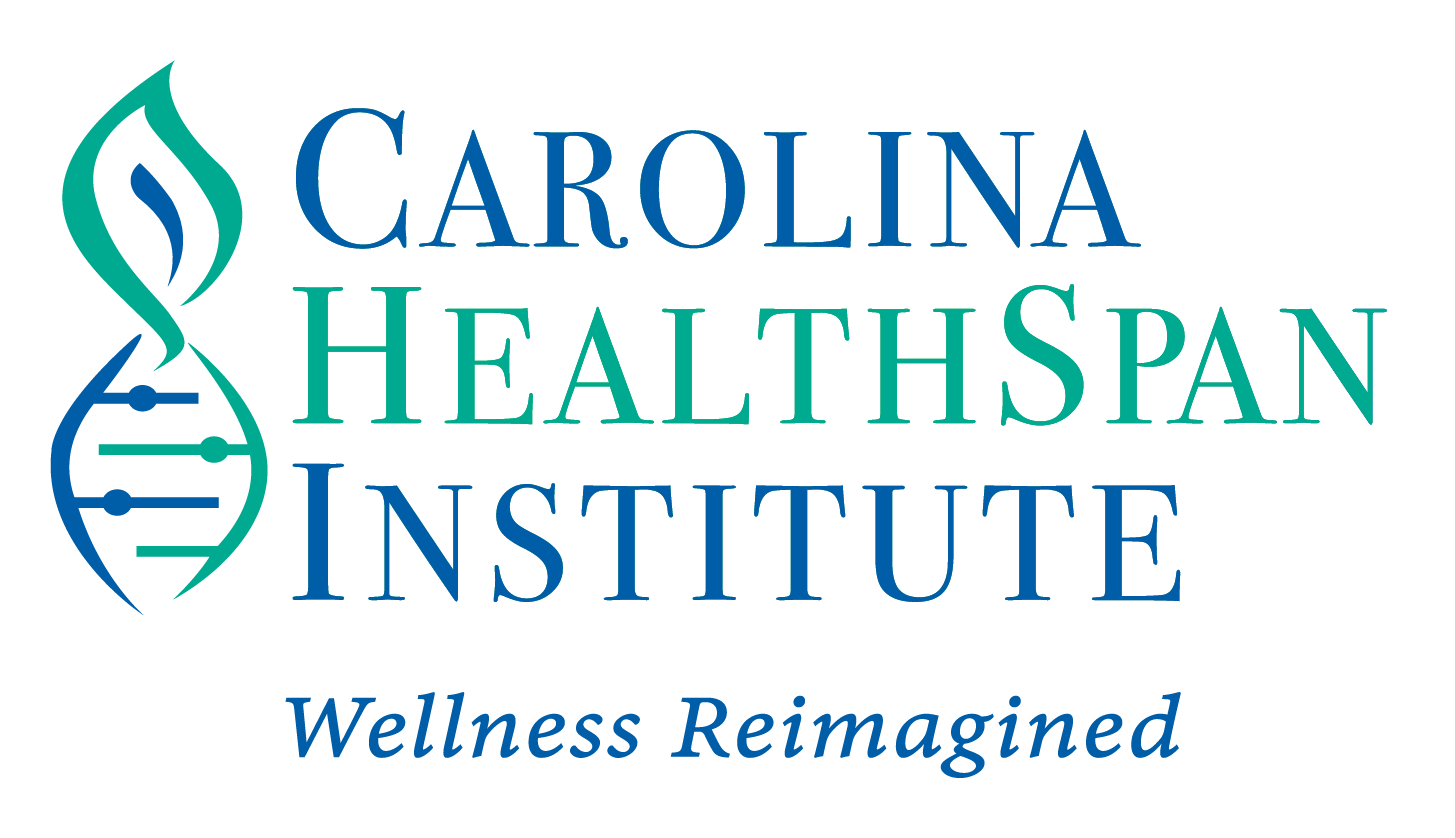A report published in the May 2015 issue of Molecular Nutrition and Food Research, reveals how being deficient in the mineral zinc results in immune dysfunction and chronic inflammation, which is involved in cardiovascular disease and other conditions.
Age-related reductions in zinc status may lead to impaired immune system functioning and systemic inflammation, which are contributing factors to chronic diseases.
When the body has insufficient access to zinc, it’s hit on many levels due to the many ways in which zinc functions to protect the body.
Researchers from Oregon State University examined the effects of zinc deficiency and age on inflammatory responses in both a cell culture model and an aged mouse model. One aspect of the study compared groups of mice fed two different amounts of zinc in their diets. The group receiving zinc supplementation showed fewer age-related increases in markers of inflammation. Though inflammation is essential for tissue repair and recovery from infections and injuries, uncontrolled systemic inflammation leads to the excessive formation of free radicals and subsequent damage to body tissues – a cascade of events that contributes to the development of autoimmune diseases and several chronic diseases.
Zinc deficiency can develop with age, leading to a decline of the immune system and increased inflammation associated with many health problems, including cancer, heart disease, autoimmune disease and diabetes.
It’s especially important for elderly people to get adequate dietary intake of zinc, since they may need more of it at this life stage when their ability to absorb it is declining.
About 40 percent of elderly Americans and as many as two billion people around the world have diets that are deficient in this important, but often under appreciated micronutrient, experts say.
Some inflammation is normal, a part of immune defense, wound healing and other functions. But in excess, it’s been associated with almost every degenerative disease you can think of, including cancer and heart disease. It appears to be a significant factor in the diseases that most people die from.
Medical tests to determine zinc deficiency are rarely done, and are not particularly accurate even if they are done. The best approach is to assure adequate intake of the nutrient through diet or supplements.
Read the full article here: http://onlinelibrary.wiley.com/doi/10.1002/mnfr.201400761/full
